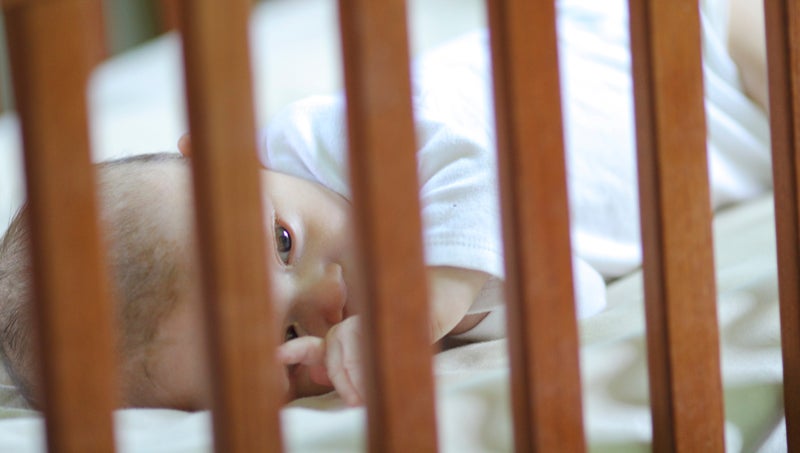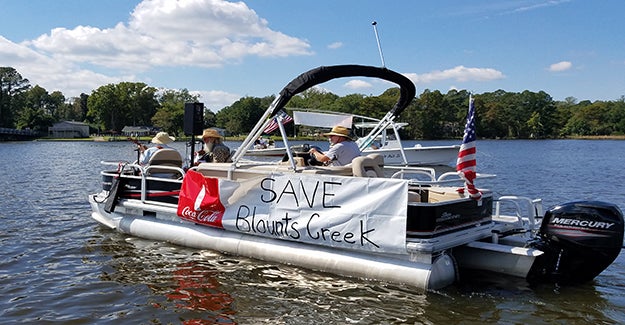DSS offering licensing course for foster parents
Published 8:35 pm Thursday, August 24, 2017
Beaufort County Department of Social Services is seeking foster parents and giving out the tools to help them be the best foster parents they can be.
Starting Sept. 9, DSS will be hosting a foster parenting licensing class. The class is 10, three-hour sessions that will be held on either Tuesdays or Saturdays of each week.
The training introduces people to what foster parenting is all about and what to expect in becoming a foster parent, according to Laurel Miller, assistant director for social work services at Beaufort County DSS. The ultimate goal is to reunify foster children with their birth families, and one of the most important jobs for foster families is to help children stay connected with their families — working with social workers and the family to get those children home as soon as possible.
Miller said it’s also important that potential foster parents recognize that children in the foster system often come from traumatic backgrounds — abuse, neglect, parents who have died, are sick or have substance abuse issues — and need both commitment and compassion.
“You’ve just got to expect to have more challenges with these children and not just thinking that taking them in and loving them is going to solve all those issues,” Miller said. “Taking them in and loving them is great, but they’re still going to have these challenges. You’ve got to love them through that. They need to stick with them.”
Miller said the biggest misconception about fostering children is people believing that only “bad” teenagers are in the county’s system.
“We’ve got some really, really good teenagers, and right now, we looked at our numbers earlier this year, and we’ve got more babies than we have teenagers,” Miller said. “When I first came here in 2009, we had a heavy teenager (roster). It’s flipped.”
There’s a reason for that, and it has to do with the opioid epidemic that has swept the nation, Miller said. Babies are being born here to mothers who are addicted to opioids.
“People are addicted to some really difficult drugs now, and it’s not safe for babies to go home with them,” she said.
Though their mothers are addicted, babies are not born addicted to opioids, Miller said. Rather, doctors are referring to the phenomena as being “substance exposed,” and though there may be a process involving morphine to remove opioids from a baby’s system, studies have shown substance exposed babies do not have long-term effects.
“These children grow up, and you just would never know that they had any issue in utero,” Miller said. “But that’s as long as they are somewhere safe.”
Right now, there are 100 children in Beaufort County’s foster care system — 46 of them are children of ages ranging from infancy to 5 years old. Sixty-two are living in Beaufort County; the other 38 are not, which is one of the reasons why DSS is seeking more foster parents: to keep those children as close to home as possible.
“We are trying to bring children back to live in the county whenever possible and appropriate, so we are in great need of more foster parents,” Miller wrote in an email. “We want to be able to keep children in the communities where they live so they do not have to change schools, churches or find new friends.”
In North Carolina, single or married people at least 21 years old with a stable income and home are eligible to become foster parents. Monthly financial support is provided by the state depending on each child’s age and needs.
Even if fostering local children may not be an option for some, Miller said there are other ways to help these children that need all the support they can get from the community, such as becoming a mentor, a tutor, sponsoring a child’s Christmas or birthday or purchasing clothing for school.
“There’s all kinds of different things that people can do, it’s just a matter of what they want to do and what they’re comfortable with,” Miller said. “There’s lots of people that feel like they want to help, and they do it in different ways. And we’re open to ideas.”
For more information about the class or how to help support foster children in other ways, call Lisa Gibbs-Lee at 252-940-6030.






